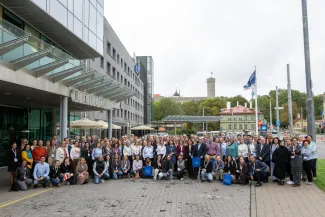
From 23 to 25 September 2025, Tallinn, Estonia, hosted the CASTIEL 2 All-Hands Meeting (AHM), bringing together National Competence Centres (NCCs), HPC Centres of Excellence (CoEs), EuroCC2 & EuroCC4SEE and CASTIEL 2. Over three days, participants reflected on achievements, discussed challenges, and shaped the future of HPC collaboration in Europe.
The meeting marked the conclusion of several key initiatives, including CASTIEL 2, EuroCC 2 and EuroCC4SEE, while also exploring the possibility for future collaboration beyond this phase of the projects. A central theme was increasing the visibility of HPC across Europe, making the technology more accessible to industry, academia, and public administration.
Enhancing Visibility and Reach
A key focus of the CASTIEL 2 AHM was raising the profile of HPC in Europe. Various projects and NCCs showcased their approaches to boosting visibility and engagement: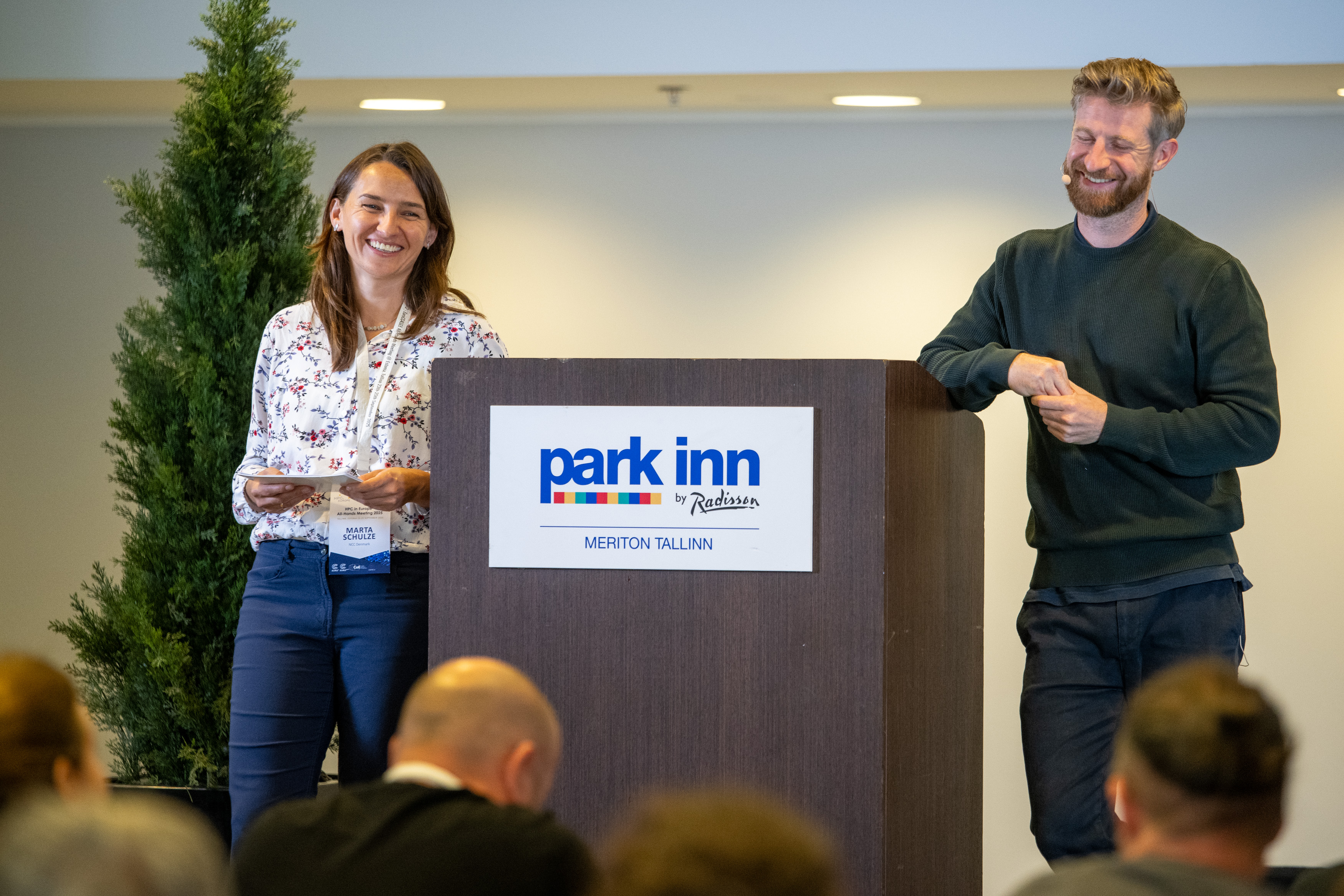
- HPC in Europe Portal: This portal serves as a central hub for HPC information, resources, and services across Europe. It consolidates project activities, training opportunities, and best practices, providing users with easy access to relevant content.
- HPC Service Hub: The HPC Service Hub acts as a bridge between HPC providers and users, offering consultation, support, and access to HPC resources. It helps facilitate the practical application of HPC in diverse sectors.
- Leveraging National Networks: As an example, the Danish NCC focuses on strategic partnerships and integrating existing national networks to disseminate HPC content effectively. By collaborating with industry, academia, and public administration, they ensure HPC solutions reach those who need them most.
These initiatives demonstrate that visibility is not an end in itself, but a means to make HPC more accessible and usable for a broader audience.
Key Sessions: Sustainability, Training, Outreach and Industry Collaboration
The CASTIEL 2 AHM agenda addressed the most pressing topics in Europe’s HPC landscape: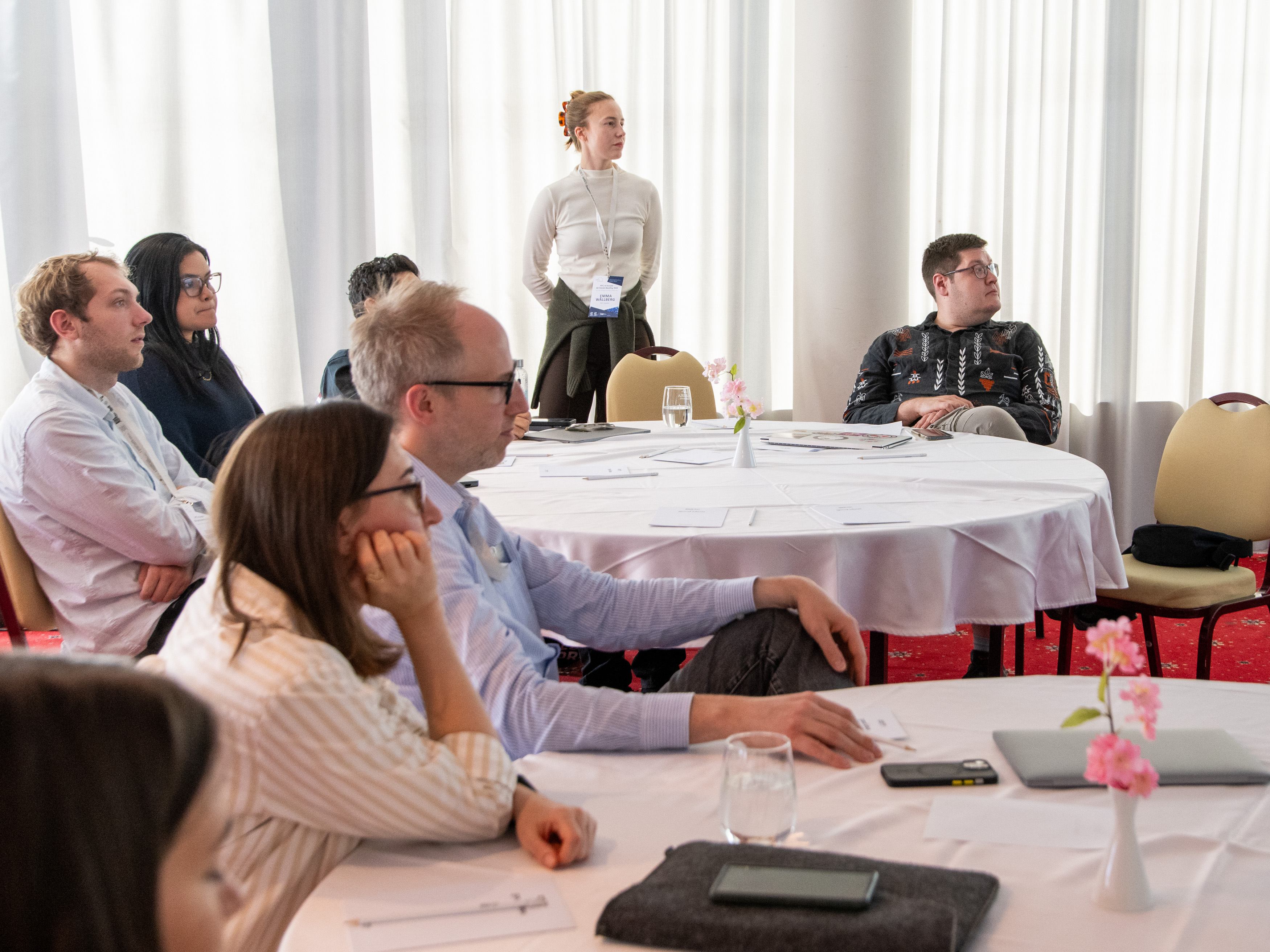
1. Sustainability Beyond EuroHPC JU Funding
With current funding phases coming to an end, the question arises: How can Europe’s HPC network be sustained long-term? Discussions centered on new funding models, partnerships, and resource pooling to secure a sustainable future for HPC.
2. Training and Upskilling for all Target Groups
Another major focus was education and training. Working groups explored how to design training programs for industry, academia, and public administration to broaden HPC skills. The collaboration with the EuroHPC Virtual Training Academy (EVITA) was highlighted as a way to standardise and scale HPC education across Europe.
3. Outreach and Industry Engagement
Making HPC accessible and relevant to a wider audience was a recurring theme. NCCs shared strategies for strategic outreach, including:
- Using existing channels and partnerships to maximise reach.
- Tailoring content for different sectors, from manufacturing to healthcare.
- Employing multi-channel communication to engage diverse stakeholders.
Poster Sessions: Showcasing Impact and Innovation
The poster sessions were a highlight of the event, providing a platform for NCCs and CoEs to showcase their latest activities and achievements. They presented their work, offering real-world examples of how HPC is driving innovation in fields like engineering, climate science, and healthcare.
- These sessions were not just about presentation—they were about engagement. Attendees had the opportunity to ask questions, provide feedback, and explore potential collaborations.
- For projects without formal presentation slots, the posters served as a valuable alternative, ensuring that all voices were heard.
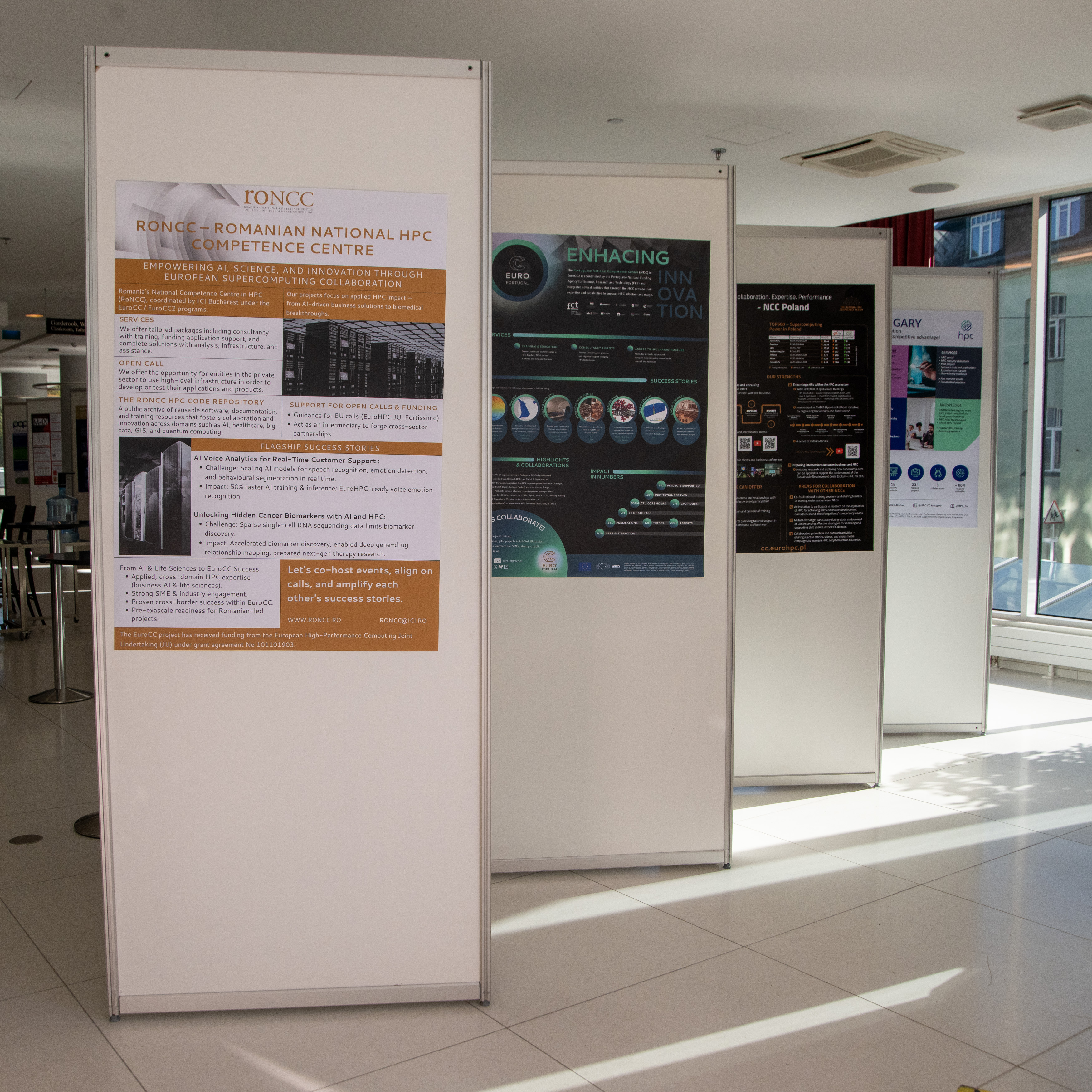
Looking Ahead: Future Collaboration
As the meeting concluded, attention turned to the future. Participants emphasized the need for continued collaboration, innovation, and adaptability to build on past successes and address new challenges.
The CASTIEL 2 All-Hands Meeting in Tallinn was a testament to the power of collaboration. By bringing together NCCs, CoEs, and other partners, the event fostered meaningful dialogue, shared learning, and new partnerships—all essential for advancing HPC in Europe.
Key takeaways include:
- Sustainability requires new funding models and partnerships.
- Training and outreach must be inclusive and accessible to reach all sectors.
- Collaboration—both formal and informal—is the cornerstone of HPC innovation.
- The potential of future collaboration presents an opportunity to build on past achievements and tackle emerging challenges.
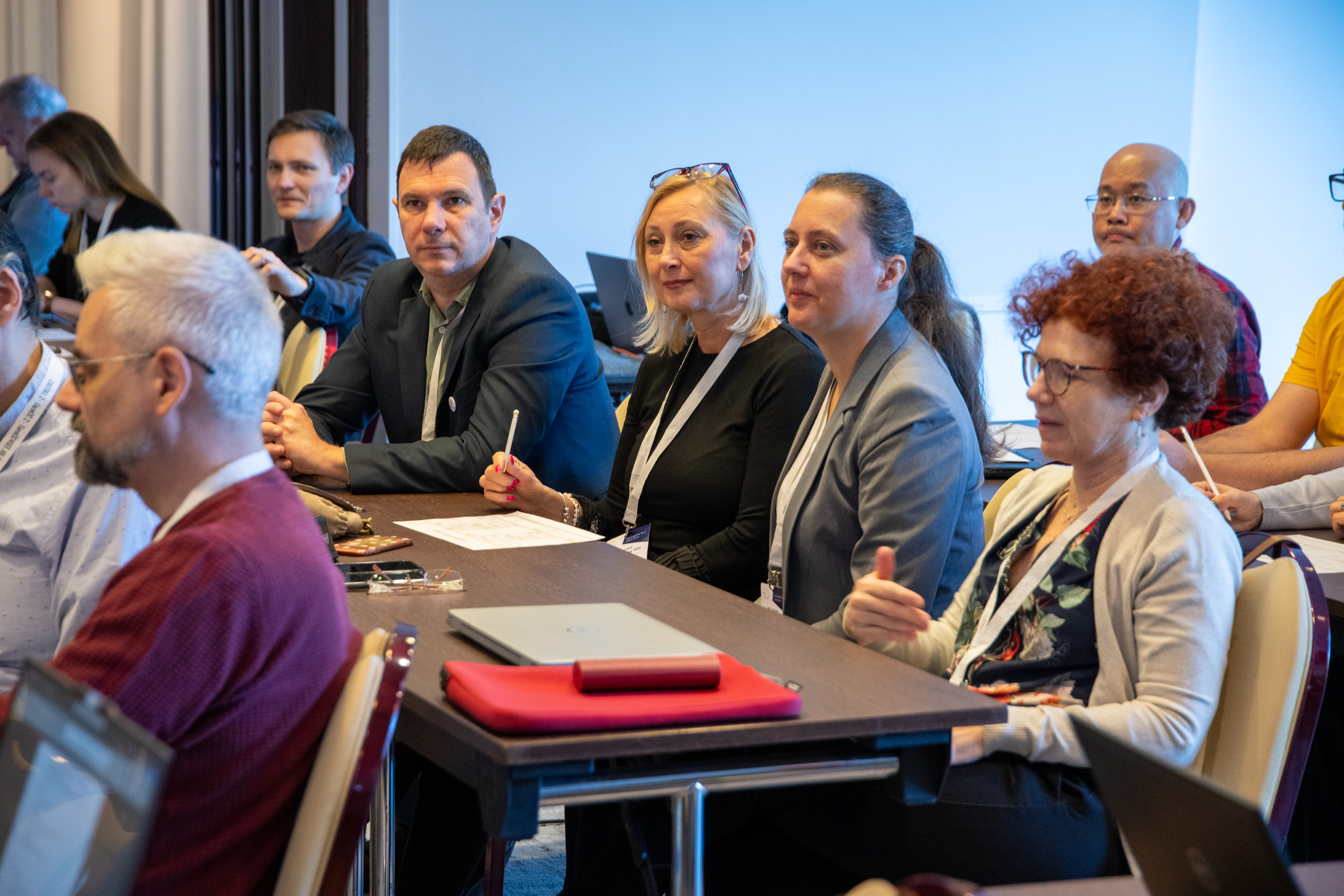
As Europe’s HPC ecosystem evolves, events like the CASTIEL 2 AHM play a vital role in shaping its direction. The future looks promising, with HPC poised to drive innovation, competitiveness, and progress across the continent.